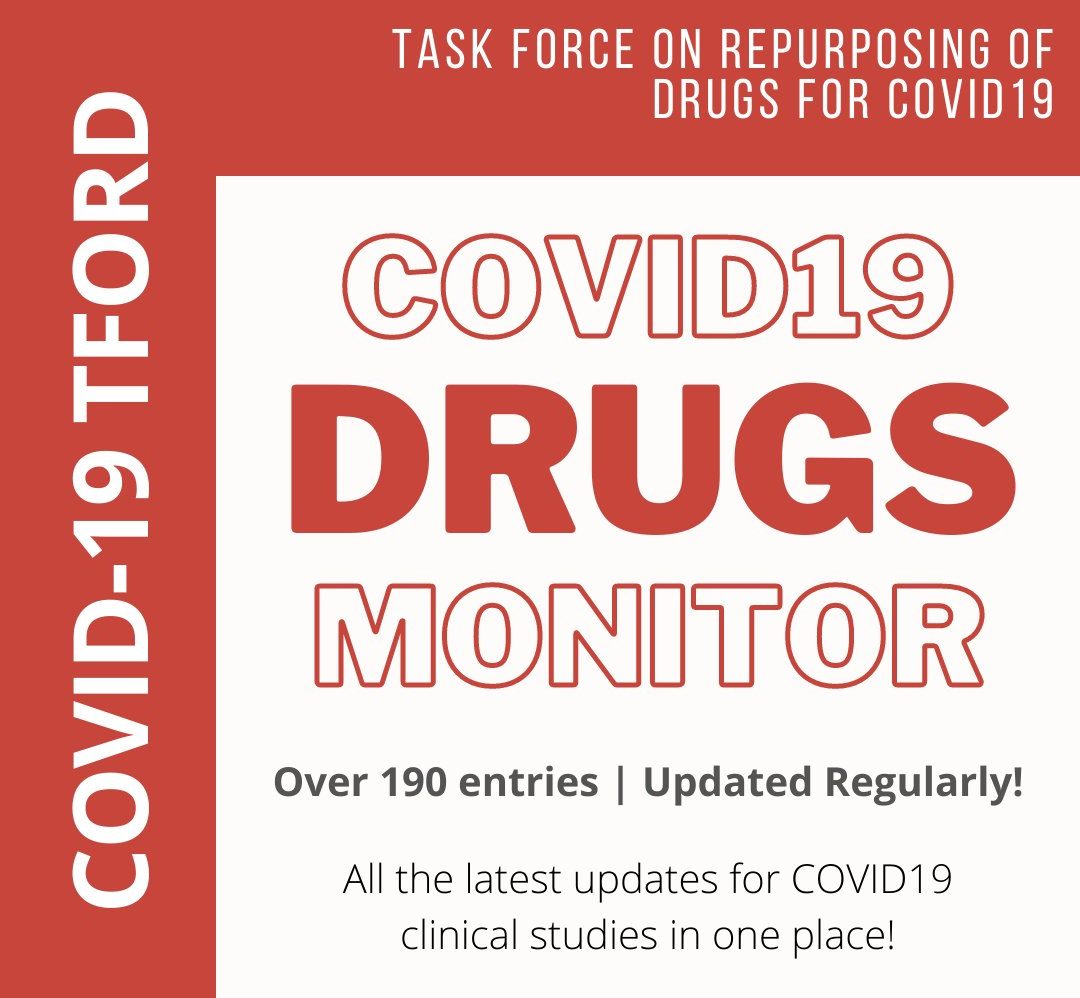(09 Mar 2021) Tocilizumab- associated with reduced COVID-19 escalation in CRS2 patients
Tocilizumab efficacy in COVID-19 patients is associated with respiratory severity-based stages
https://www.medrxiv.org/content/10.1101/2021.03.04.21252167v1
The study was conducted from March 3 to April 7 2020 with broad-ranged severity patients; 167 tocilizumab-treated and 327 untreated. CRS1 patients showed no apparent benefit after treatment, while the risk of the primary outcome was greatly reduced in CRS2 treated participants ((HR=0.22; 95% CI (0.16-0.44)). Moreover, tocilizumab treatment was associated with significantly decreased CRS2 patient proportion that reached the outcome compared to non-treated controls (27.8.0% vs. 65.4%; p<0.001). Severe/critical CRS3 patients, also showed benefit after treatment (HR=0.38; 95% CI (0.16-90)), although not as robust as was that of CRS2 treated individuals. Tocilizumab was associated with reduced outcome risk in total patients (HR=0.42; 95% CI (0.26-0.66)) after CRS adjustment, but not if CRS classification was not accounted as confounding factor (HR=1.19; 95% CI (0.84-1.69)). The outcome of mortality alone upon tocilizumab treatment was significant (HR=0.58; 95% CI (0.35-0.96)) after accounting for CRS classification. Tocilizumab treatment is associated with reduced COVID-19 escalation in CRS2 patients, suggesting efficacy in moderate/severe non-ICU-admitted patients. CRS classification could represent an essential confounding factor in evaluating tocilizumab in studies of broad-ranged severity patients.
